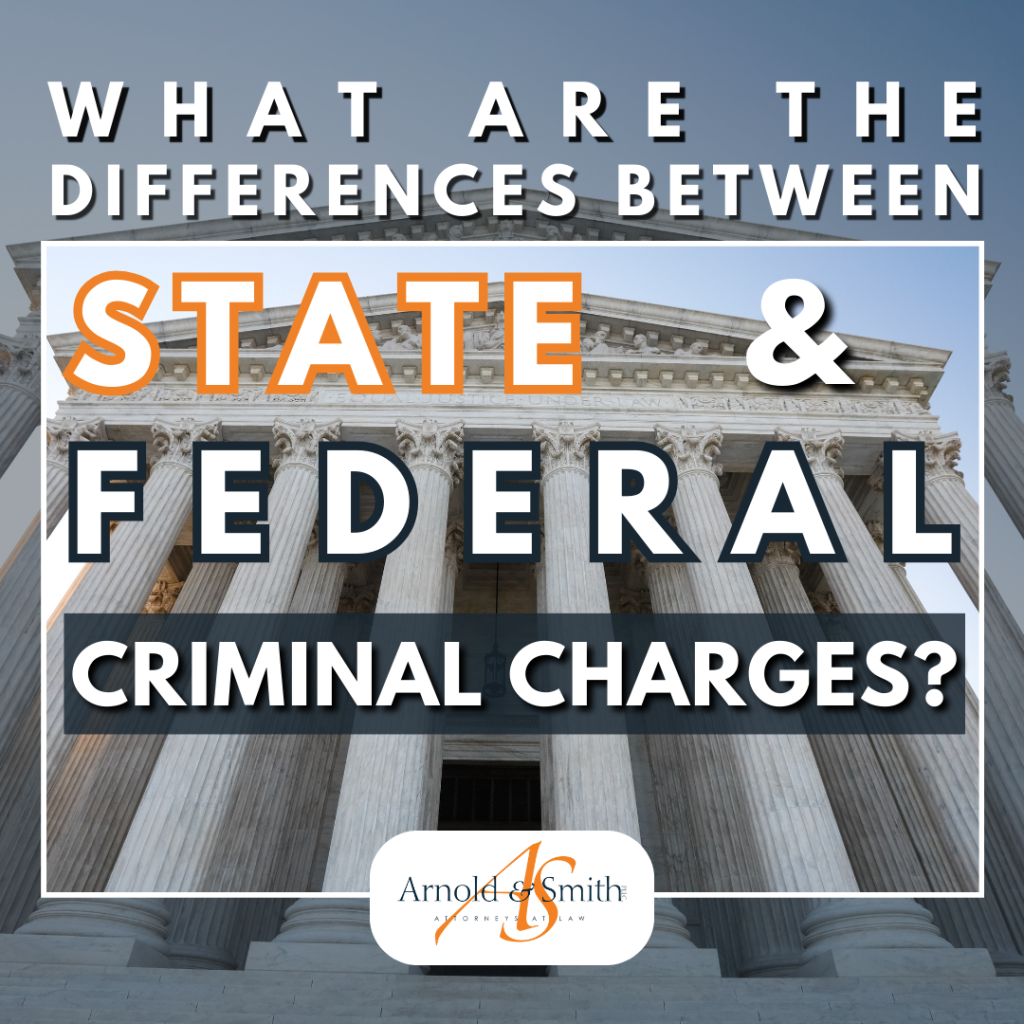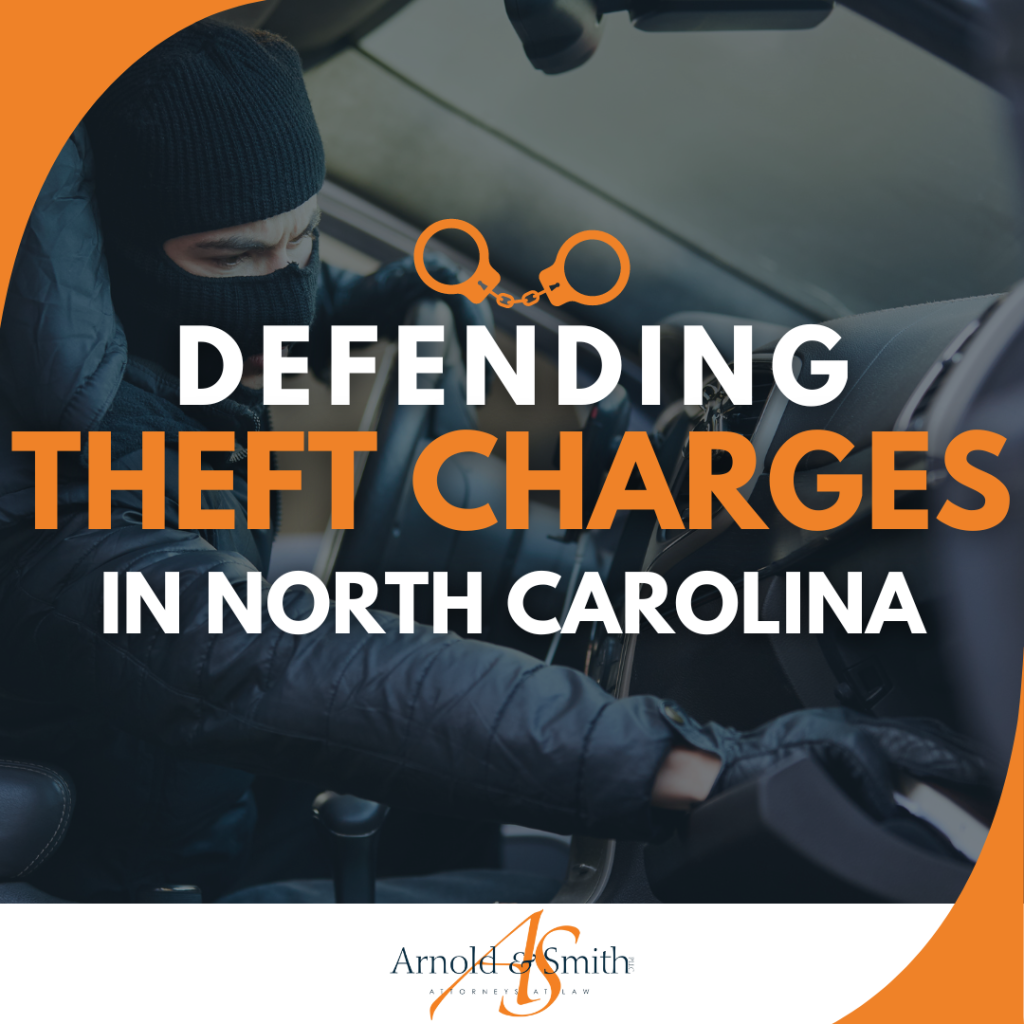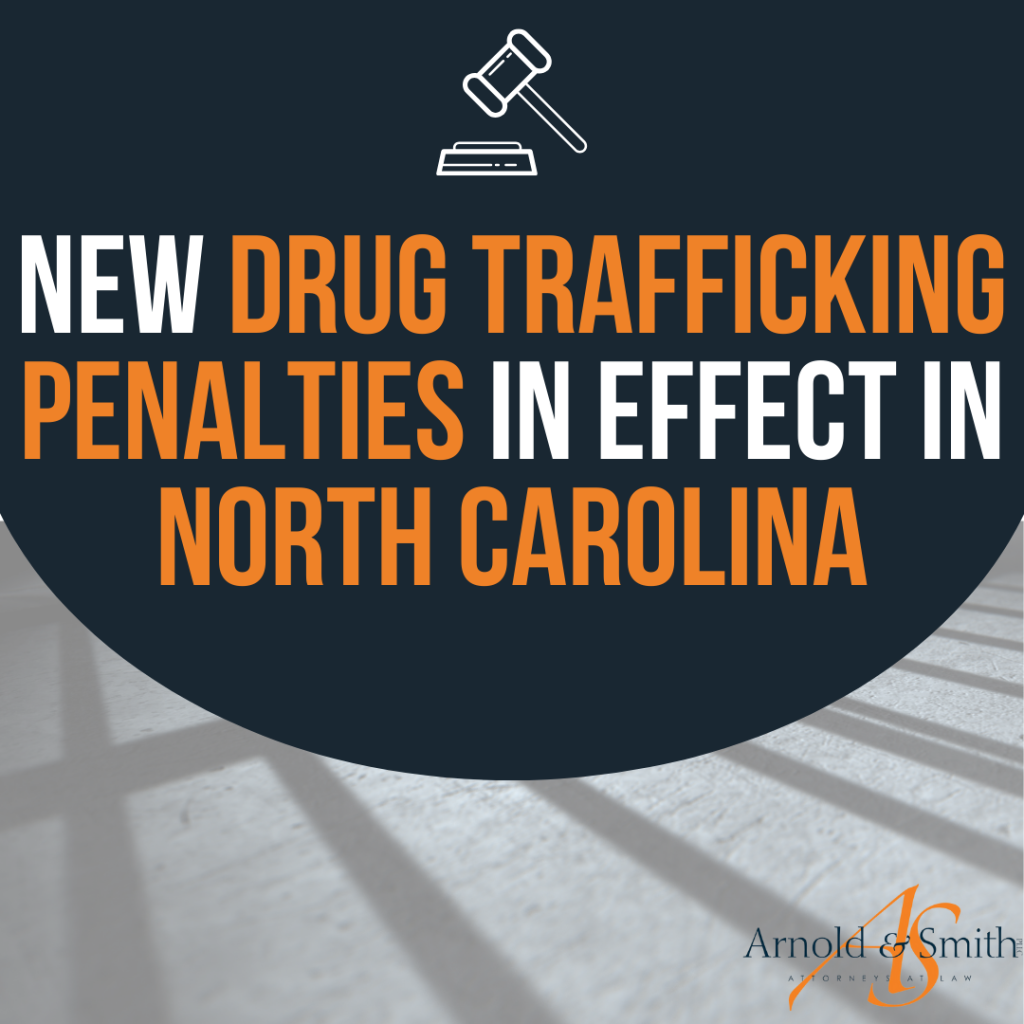 What are the Differences Between State and Federal Criminal Charges?
What are the Differences Between State and Federal Criminal Charges?
There are many laws in place that include both state and federal charges. Most of the crimes that people commit are state laws, while some crimes are federal. When someone is arrested, the court will determine whether they are accused of committing a state or federal crime. Then, the appropriate charges will apply. There are some differences between state and federal criminal charges. An experienced criminal defense attorney will handle all types of criminal charges, including state and federal.
https://youtu.be/NK9gGmLwAhk
 Charlotte Criminal Lawyer Blog
Charlotte Criminal Lawyer Blog










